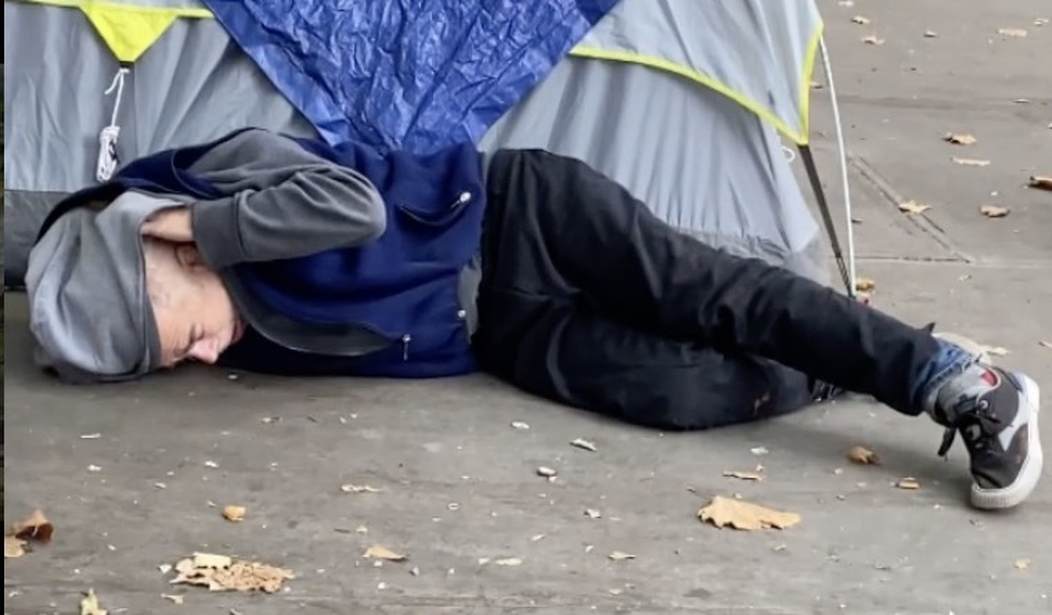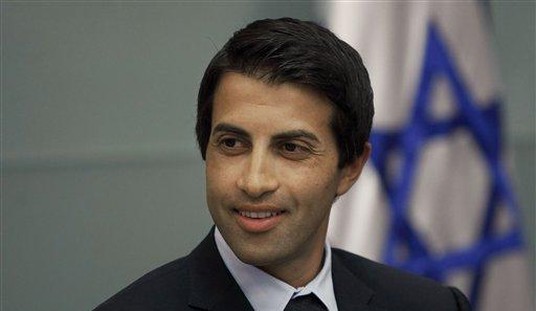Just this summer, the nation's pharmaceutical shortage reached a ten-year high, but the problem since then has only gotten worse — and in more ways than one.
The shortage was already "extremely concerning" for cancer patients, with oncologist Dr. Ajay Bhatnagar saying, "Hopefully, it can be rectified soon, but currently it’s a concern of how we figure out how to formulate an adequate treatment for these patients without having to ration or delay treatment."
That was in July. This week, "Drug shortages hit record highs," according to a DC News Now report on a Senate Finance Committee hearing. (Don't click the link. I'll explain why at the end of this column.) The crisis has been "going on for decades and is unique to the United States," according to CNN's writeup of the hearing.
The shortages exist mostly in the generic medications that Americans prefer because they're so much less expensive — and therein lies the problem. Sen. Mike Crapo (R-Idaho) explained that razor-thin margins mean pharmaceutical companies exit the generics business faster than new ones enter. As the nation's largest bulk buyers of drugs, Medicare and Medicaid make the problem worse since they're legally obligated to purchase strictly on price and never on quality.
Back in March, the Brookings Institute's Marta Wosińska told NPR that the nation's pharmaceutical supply chains — which stretch through China and India — are a "geopolitical risk." Nevertheless, "for us to think about bringing this enormous — enormous — supply chain back into the United States, it's just simply not feasible."
Meanwhile, China has no problem, none whatsoever, supplying endless amounts of fentanyl and fentanyl precursors in a timely manner.
Leaving legality and morality aside, there's an object lesson here in the difference between a private (if underground) market and a government-dominated market. We can't get cancer drugs because the Medicare-Medicaid buying program is a big, fat government mess. But anyone with cash can get all the fentanyl they want.
Recommended: You Won't Believe How Many EV Chargers Biden Can Buy for $7.5 Billion
At their meeting in San Francisco last month, Communist Chinese strongman Xi Jinping promised Presidentish Joe Biden that Beijing would "crack down on fentanyl chemicals" coming into the U.S. and Mexico for smuggling into the U.S.
Yeah, right.
Also from Brookings, Vanda Felbab-Brown explained back in March that Beijing views our drug crisis as its opportunity. "China," she wrote, "sees its counternarcotics enforcement, and more broadly its international law enforcement cooperation, as strategic tools that it can instrumentalize to achieve other objectives."
In other words, fentanyl is a great way for China to hurt the U.S., and "punitive measures, such as sanctions and indictments, are unlikely to change that."
This brings us to this week's other record: "San Francisco faces deadliest year for drug overdoses due to rise of fentanyl." According to the report, by the end of October, the city had seen "692 people die of overdoses, more than in the entire year of 2022."
"The city is on track to see more than 800 deaths this year, topping its highest year ever, 2020, when it saw 720."
In desperate need of chemotherapy drugs? "The absence of a generic and cheap drug like fludarabine literally can be the difference between life and death," Dr. Jason Westin warned the Senate committee on Tuesday.
Want to blow out your mind on your way to an early death on the streets of San Francisco? "No problemo," says Comrade Xi.
About that DC News Now report that I warned you not to bother clicking on...
I included it as an example of the state of journalism today. The story mentioned a House committee (it was actually a Senate hearing) without saying which committee, referenced the Pay for Performance program without any reference for what it is or does, and brought in Sen. Mike Crapo without mentioning any role he might have played in a House hearing (!!!), among other journalistic no-nos.
The report was written by Jessi Turnure, who has been in Nextstar's DC bureau since 2019 and ought to know the difference between the House and Senate. She got her journalism degree from the University of Missouri which, once upon a time, was considered the second-best j-school in the nation. Maybe it still is.










Join the conversation as a VIP Member